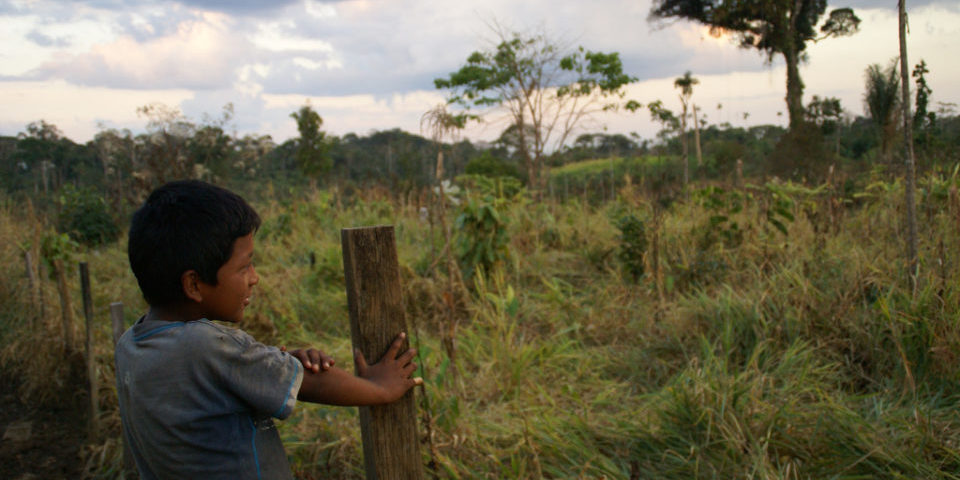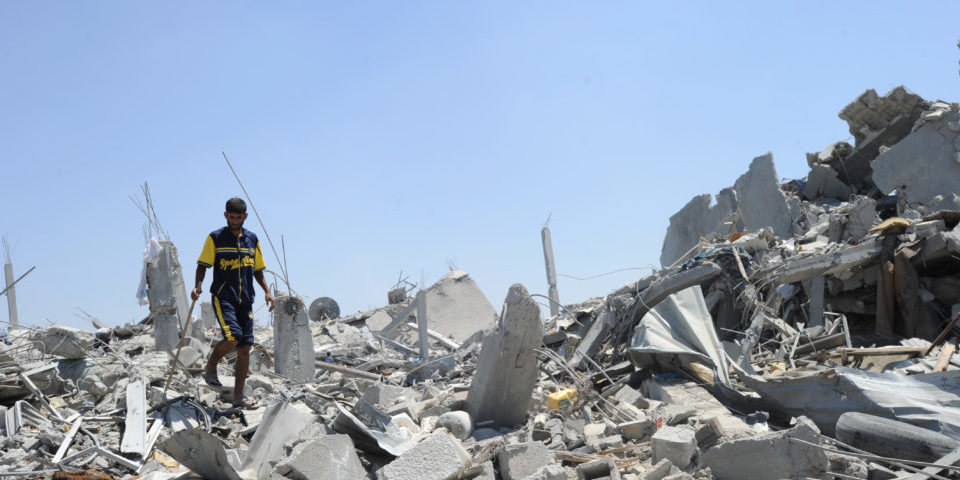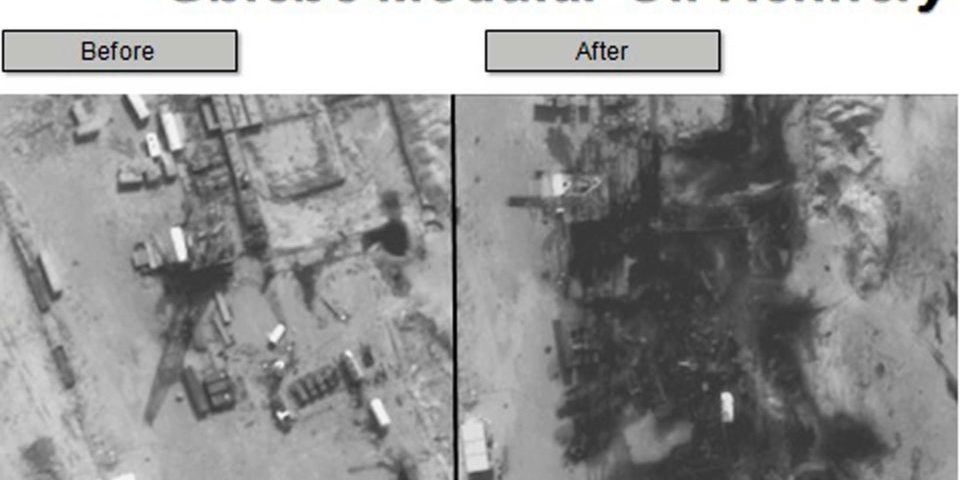The civilian health risks from TNT in Syria’s barrel bombs
The TRWP was recently asked to help identify a substance associated with partially detonated barrel bombs in Syria. While the irritant fumes and pink powdery residue appeared to be from TNT and not a chemical weapon, the health risks from exposure to this common explosive are increasingly well understood and should be taken into account when examining the civilian impact of the use of explosive weapons in populated areas.






